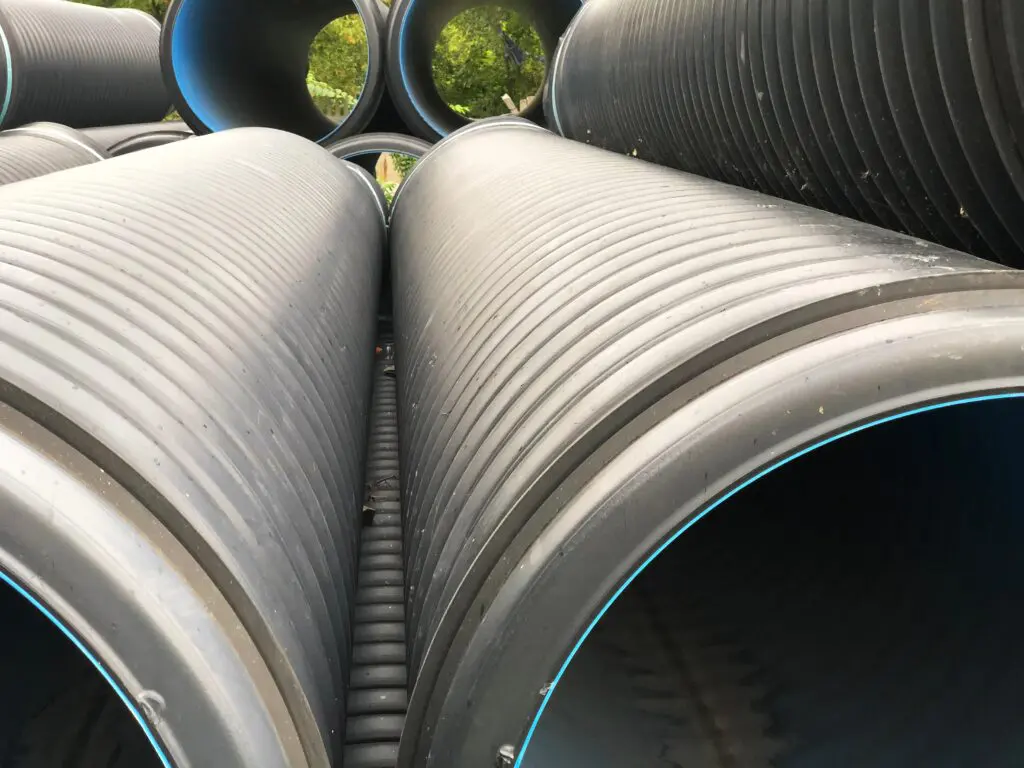A British university has established a research hub to help develop a circular approach to the way we produce, reuse and recycle durable plastics commonly used in cars, buildings, and electronics.
Over the next seven years, researchers from WMG at Warwick University and colleagues at the University of Manchester and UCL in London will look to develop greener materials and processes and to grow more sustainable supply chains.
The aim of the Manufacturing Research Hub in Sustainable Engineering Plastics is to reduce waste, support greener manufacturing practices and advance the circular economy. It is supported by more than 60 industry partners including JLR, Polestar, Siemens, BEKO, Bellway and Biffa.
Change in approach
Businesses will be supported in cutting waste and reducing their environmental impact while staying competitive. The project will also strengthen local supply chains and help shape future policies that promote innovation and sustainability in manufacturing.Project lead Ton Peijs, professor of polymer processes at WMG, says that until now most sustainability efforts have focused on single-use plastic items and packaging.
‘Engineering plastics, essential to modern life, present equally complex sustainability challenges that have, until now, largely been overlooked.
‘This hub unites researchers, industry leaders and policymakers to fundamentally rethink how engineering plastic parts are designed, reused, repaired and recycled. We’re focused on real-world impact: using greener materials, smarter manufacturing and recycling systems, and more sustainable supply chains.’
Four hubs
The hub is one of four backed by the Government’s Engineering & Physical Sciences Research Council (EPSRC) to bring together world-class researchers and industry and civic partners to drive practical, sustainable innovation across the UK.Each hub will focus on a different area of manufacturing, from creating net-zero supply chains and resilient production systems to transforming waste and reducing our reliance on fossil fuels.
Charlotte Deane, executive chair of EPSRC, says: ‘By combining deep research expertise with real-world partnerships, they will develop the technologies, tools and systems we need for clean, competitive and resilient industries.’
Don't hesitate to contact us to share your input and ideas. Subscribe to the magazine or (free) newsletter.



